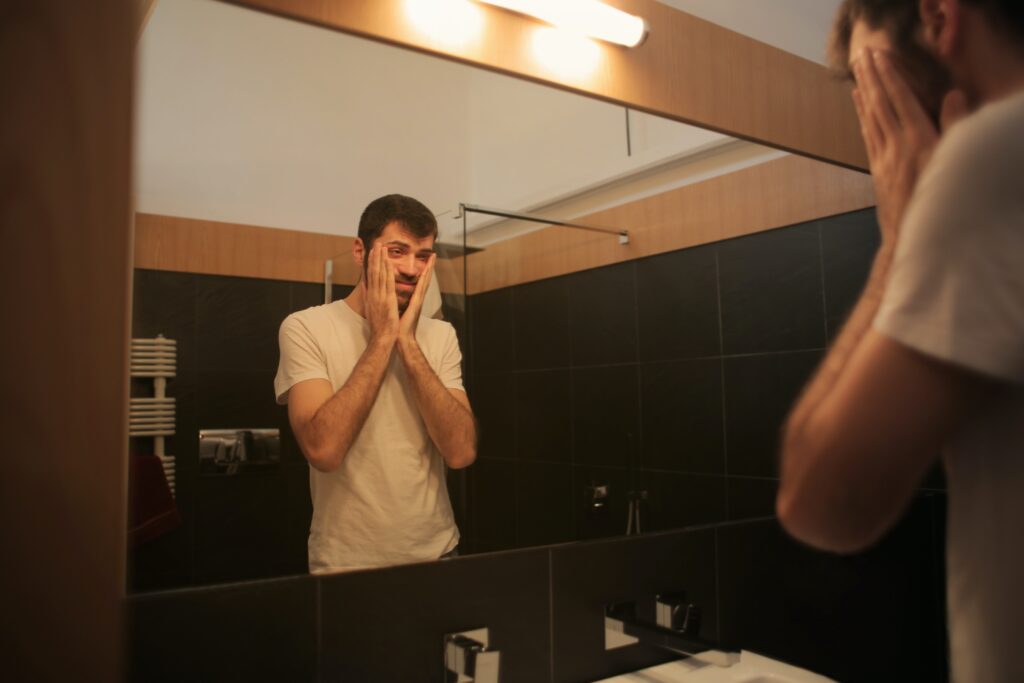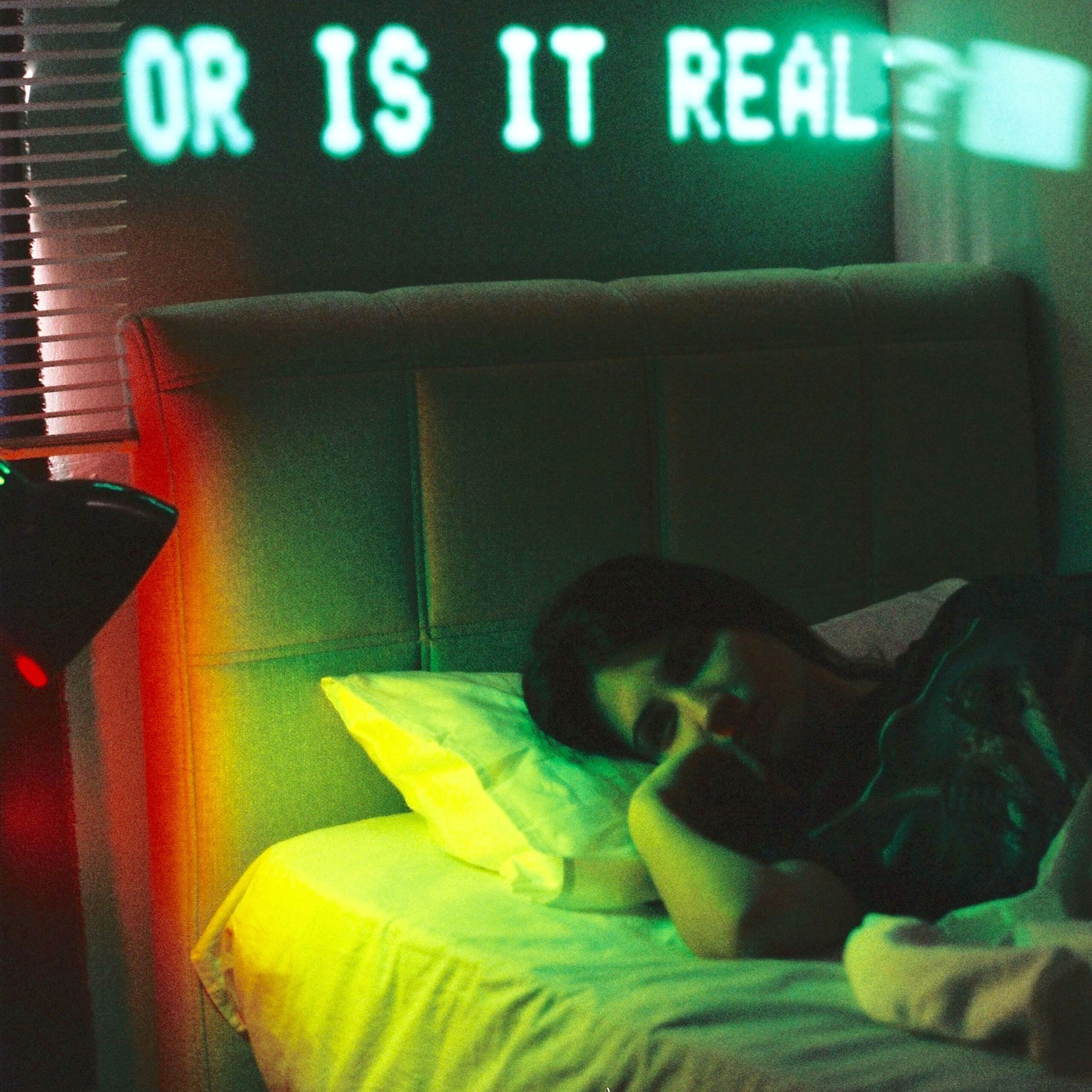6 Signs You’re Struggling with Mental Health, NOT Lazy

Hey, Psych2Goers! Welcome back! Do you have some days where you do literally nothing? You know you have things to do, but it’s just not happening. In Western society, we tend to glorify those who are always working, always productive, and always on the go. However, this could be more harmful than positive. This can leave us feeling like we’re lazy if we’re not doing something that can be labeled as “productive”. In actuality, you may not be lazy at all! This could actually be a warning sign of not being in a healthy mental state. Here are 6 signs you’re struggling with your mental health, NOT lazy!
Side Note: This is a disclaimer that this article is for informative purposes only. It is not intended to diagnose or treat any condition. Please reach out to a qualified healthcare provider or mental health professional if you are struggling.

#1: Doing nothing isn’t normal for you.
There are a lot of reasons why someone may want to do nothing for the day. Maybe you have a lot going on at school or work, a lot of errands, or you’re due for some self-care. For any of our introverts out there, you may need a quiet day after a day with friends or family. These are all normal and healthy reasons for wanting a quiet day to yourself. Laziness, on the other hand, is having things to do and not caring to do them, even though you have the energy or time.
In “Laziness Does Not Exist” (2021), Devon Price writes about how he was always “…a put-together, organized, diligent little worker bee…” to anyone looking in. However, he ran himself into a position where he’d feel guilty for spending any recharge time. This is not laziness. This is potentially a result from mental health or even a toxic childhood environment where you were taught that you were valued for what you do rather than who you are. Next time you have a lazy day, make a list of all the “work” you’ve done to show yourself how deserved your rest time is.

#2: Things you once did easily are a bit of a chore now.
Mental health isn’t linear. Some days are better than others. Sometimes, you may see a decline over time. When you have a day where you can’t do much of anything, ask yourself “Does this thing bother me normally?” If you’re an anime fan, you might know a guy named Naruto Uzumaki. He loves eating ramen and could have a bowl for every meal, every day. The last thing he wants to do is be stuck in a classroom. If you told him to study, even on his best day, he might drag his feet. But, if Naruto declined ramen on a bad mental health day, we wouldn’t call him lazy for not wanting to get some. You’d be more inclined to see if he’s okay. When you’re feeling a bit off, ask yourself what needs to be done. If it’s something you normally don’t like, take some recharge time. If you notice you’re ditching your normal routine, please reach out to a mental health professional to explore.

#3: You’re motivated, but you lack energy.
It’s your day off. You have a list of errands, but you can’t seem to get started. Do you have the motivation to do them, or not so much? This is the big defining factor between laziness and mental health. When you’re being lazy, you don’t have any motivation to do anything, no matter what it is. However, if you have a list of things to do that you actually want or need to get done but can’t seem to, this is a sign of mental health decline. The motivation to complete the task is there; the energy may not be. Take some time for a self-check-in and real recharge time!

#4: You’re always scrolling when you have things to do.
Okay, this one is kinda tricky, because it’s 2022. Who doesn’t have some kind of screen in front of their face at all times nowadays? But when you’re with people or when you have things to do, do you notice you retreating into your phone? This is a huge sign of a mental health concern, NOT laziness. You may still want to be present with your friends or start that to do list, but just can’t seem to be able to. This doesn’t mean you’re lazy. Not wanting to be present and wanting to seclude yourself when not physically able to are self-soothing coping mechanisms we do when we may feel uncomfortable.
If you find yourself doing this, once you notice you’re on your phone, try to put it down for five minutes only. Then try again for ten, and see how you feel! Always make sure to reach out to a trusted health professional to explore these tendencies.

#5: You don’t feel anything.
When you’re struggling with mental health, it can be very difficult to keep up with normal life and tasks. Falling behind would normally stress someone out and cause them to rush to complete all of their tasks, but when you’re struggling with mental health, you may not feel that rush that a deadline brings. You may not care that you haven’t eaten or drank any water (pssst, grab a sip right now!). You may not even care that you haven’t showered in days. This is a huge red flag to make an appointment to chat with a professional mental health professional asap!

#6: You find yourself daydreaming most of your day away.
There are hundreds upon thousands of mental health conditions listed in the Diagnostic and Statistical Manual of Mental Disorders (DSM-IV). In 2017, Somer, Soffer-Dudek, and Ross did a study correlating maladaptive daydreaming with the existence of a mental health condition. Maladaptive daydreaming is a condition where someone experiences daydreams so intense that it distracts them from the task at hand. 74.4% of participants in the study that displayed maladaptive daydreaming had three or more other conditions. 41.1% of the participants had four or more conditions. So, if you find yourself lost in thought most of the day, it may be a sign that something is off.
You may be tired. You may be binging that third season, but you are NOT lazy. We hope this article gave you some hope and some signs to look out for the next time you’re feeling like a couch potato. Do you notice yourself doing any of these things? Do you have any tips to shake yourself out of the funk? Let us know in the comments below! As always, keep an eye on Psi for more Psych2Go content!
Have a wonderful day!
Need more confirmation that you’re not lazy? Check out Signs You’re Mentally Tired, Not Lazy
The references used in and to compose this article are listed below:
Draghici, A. (2022, January 6). Am I depressed or lazy? 10 ways to know the difference. Happier Human. Retrieved May 30, 2022, from https://www.happierhuman.com/depressed-lazy/
Johnson, B. (2021, May 24). Am I depressed or lazy? Psychology Today. Retrieved May 30, 2022, from https://www.psychologytoday.com/us/blog/body-talk/202105/am-i-depressed-or-lazy
Meadows, A. (2022, March 11). Maladaptive daydreaming: Symptoms and diagnosis │ sleep foundation. Sleep Foundation. Retrieved May 30, 2022, from https://www.sleepfoundation.org/mental-health/maladaptive-daydreaming#:~:text=Sometimes%20known%20as%20daydreaming%20disorder,people%20in%20front%20of%20them.
Price, D. (2021). Laziness does not exist. Atria Books.
Schuster, S. (2022, May 30). 9 things people with depression do that seem ‘lazy,’ but aren’t. The Mighty. Retrieved May 30, 2022, from https://themighty.com/2018/08/depression-not-lazy/
Somer, E., Soffer-Dudek, N., & Ross, C. A. (2017). The comorbidity of Daydreaming Disorder (maladaptive daydreaming). Journal of Nervous & Mental Disease, 205(7), 525–530. https://doi.org/10.1097/nmd.0000000000000685
Tartakovsky, M., & Lawrenz, L. (2021, September 27). Why some people think depression is laziness. Psych Central. Retrieved May 30, 2022, from https://psychcentral.com/depression/depression-and-laziness#how-to-know
Tirronen, M. (2020, September 23). The difference between laziness, lack of motivation, and depression. With Chelle. Retrieved May 30, 2022, from https://withchelle.com/blog/2020/9/21/the-difference-between-laziness-no-motivation-and-depression




Responses